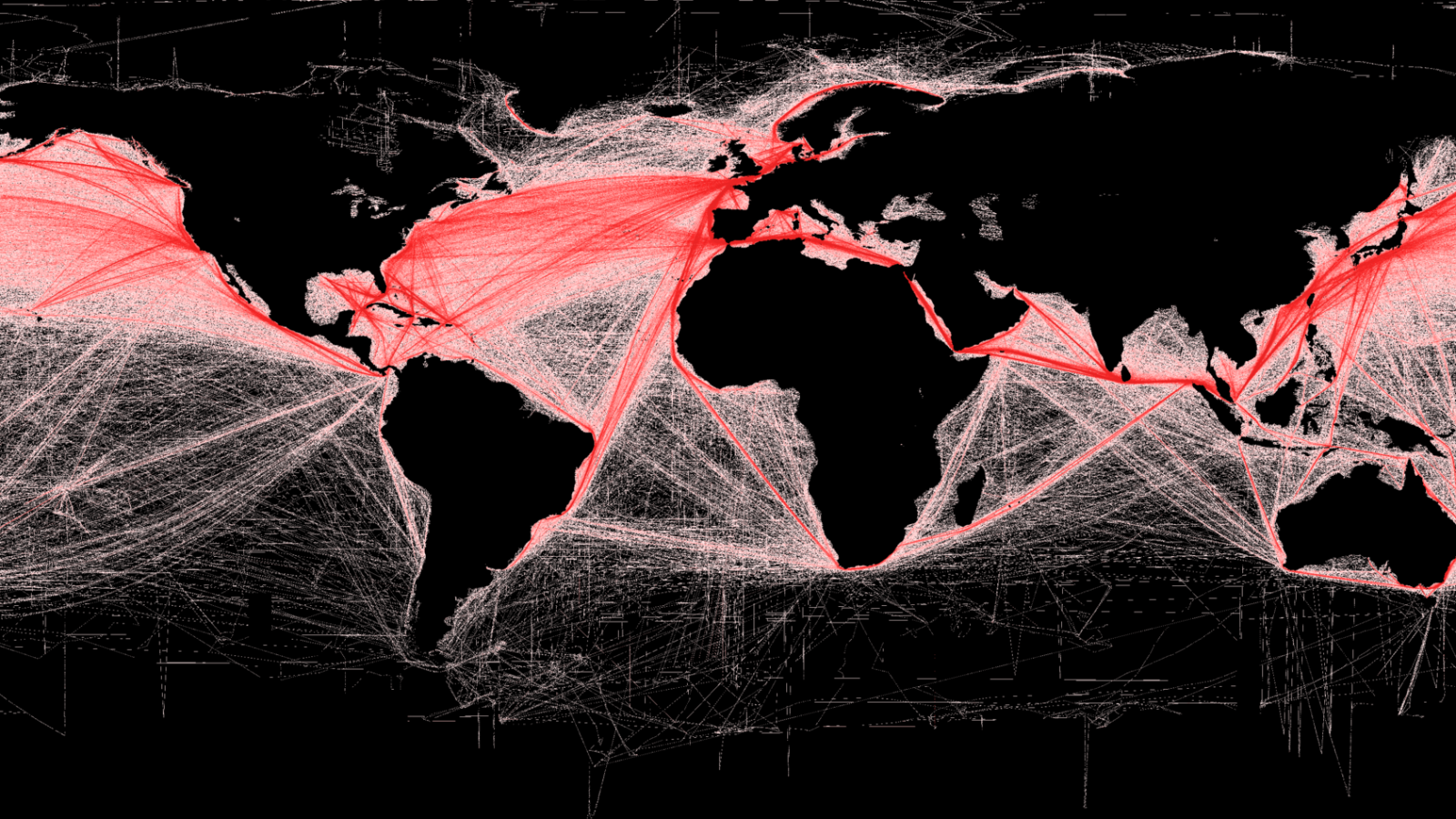Greenhouse Gas Strategy Shouldn't Focus on Targets

The World Shipping Council (WSC) has filed a proposal with the IMO on the development of a comprehensive greenhouse gas strategy.
The proposal calls for the establishment of an international maritime research board and a program dedicated to improving the existing fleet. It also questions the need for a long-term strategy that focuses on discussions of a long-term target. Rather, says WSC, it shoud focus on providing tangible outputs to guide near and long-term action and investments throughout the sector.
“If we expect to make substantial reductions in the fleet's carbon footprint, it will be critical to establish a significant and sustained research and development effort to identify what technology advances can be made in the maritime sector. It will also be important to apply known and effective technologies in the immediate future. The short- and long-term results can be impressive, but they will only be impressive if we focus on the means to get there.”
The WSC says the strategy should be subject to a comprehensive review 10 years after its final adoption. A 2033 review could take full account of progress made in the development of low carbon fuels, propulsion technology and other relevant technology as well as developments in maritime trade.
The IMO agreed to develop a comprehensive greenhouse strategy at its meeting in October 2016 (MEPC 70) and will consider the WSC proposal along with a number of other proposals and recommendations at it its next meeting in early July 2017 (MEPC 71). The aim is to seek agreement on an initial greenhouse strategy in 2018.
Under the strategy, and to provide long-term vision for the shipping sector, the MEPC has to address a number of important questions, such as what role should the international shipping sector have in supporting the goals of the Paris Agreement. The mandatory collection of fuel consumption data is intended to be the first in a three-step approach to the strategy. This would provide the basis for an objective and transparent policy debate in the MEPC. A decision could then be made on whether any further measures are needed to enhance energy efficiency and address greenhouse gas emissions. If so, proposed policy options would then be considered.
The WSC proposal is available here.
